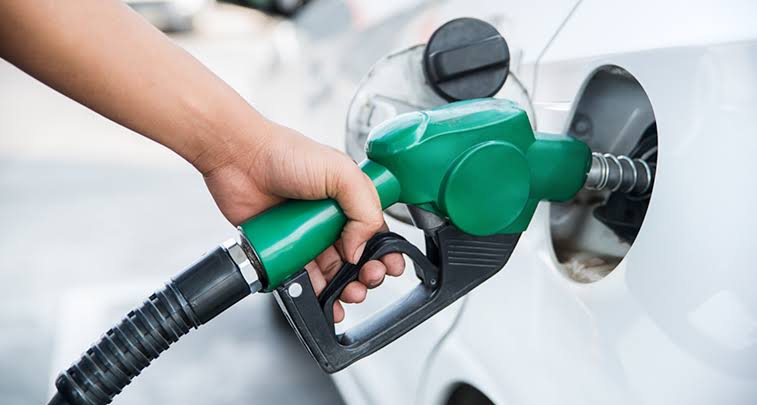
A new wave of competition has emerged in Nigeria’s downstream oil sector, as fuel importers have dropped petrol prices below those offered by the Dangote Petroleum Refinery, intensifying market rivalry and reigniting the debate on fuel importation. The development comes amid a strong call by Dangote Group President, Alhaji Aliko Dangote, for the Federal Government to ban fuel imports to protect domestic refining.
Findings show that petrol is now being sold below ₦860 per litre at several filling stations in Lagos and Ogun States, compared to ₦865–₦875 per litre charged by Dangote’s local partners like MRS and Heyden. In Ogun State, a station operated by SGR slashed its price to ₦847 per litre. At the wholesale level, Dangote’s refinery sells petrol at ₦820 per litre, while some importers have dropped their ex-depot prices to ₦815, with players like Aiteo and Menj leading the charge.
Chinedu Ukadike, National Publicity Secretary of the Independent Petroleum Marketers Association of Nigeria (IPMAN), confirmed the price cuts and defended the trend as a healthy outcome of market liberalisation. He urged President Bola Tinubu not to yield to Dangote’s plea for a ban on fuel importation, arguing that open competition ensures fair pricing and consumer benefits. “Nobody should be stopped from importing. Local refining and liberalisation will balance the market,” he said.
However, Dangote maintains that the current import strategy is crippling local refineries, alleging that importers are dumping cheap, toxic, and even subsidised fuel — particularly from Russia — at prices that undercut domestic production. He warned that without protective policies, such as those in place in the U.S., Canada, and EU, Nigeria risks sabotaging its own refining capacity. “This dumping undermines Nigeria’s economy and discourages further investments in local production,” Dangote stated, calling on the government to apply its “Nigeria First” policy to the petroleum sector.
As the price war deepens, the tension between market freedom and local industry protection is set to become a major policy debate in Nigeria’s evolving energy landscape.
